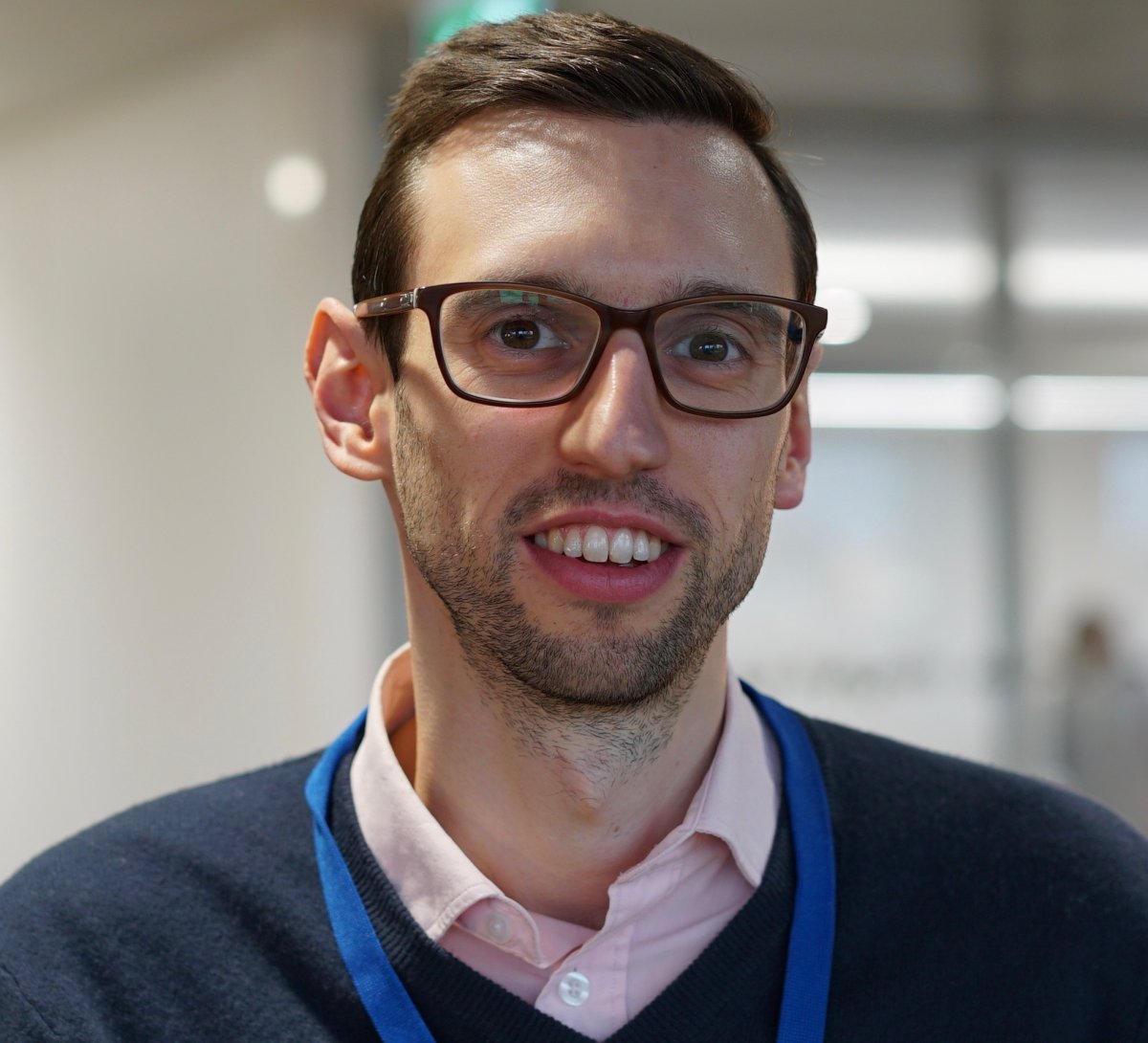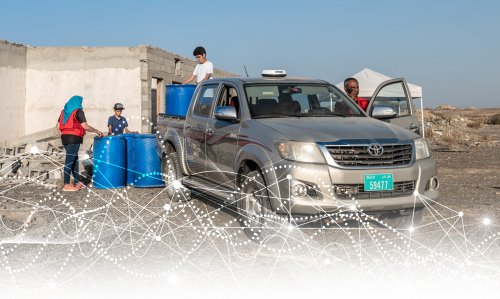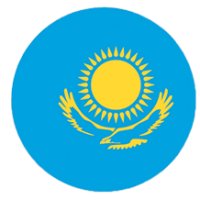A high proportion of aid workers report that they have experienced mental health issues in the workplace. According to a mental health and wellbeing survey* of the Global Development Professional Network, 79% of respondents stated they had experienced mental health issues with the overwhelming majority, 93%, believing this was related to their work in the aid industry.
The effect of the Covid-19 pandemic expedited the spread of digitalisation across many industries and the humanitarian sector was among the first to acknowledge the need for change. With travel restrictions and local lockdowns, isolated teams in remote areas rely extensively on the resources of their headquarters and communication has become even more essential.
Satellite connectivity's role is now central to the continuity of operations undertaken by remote missions, particularly for mobile units in areas with limited or no reliable mobile phone (GSM) coverage. As a result, demand for robust satellite communications solutions has increased exponentially, especially among medical missions and teams supporting isolated communities.
Addressing the World Humanitarian Forum’s hybrid event in London on 19 May 2021, Nabil Ben Soussia, CEO Asia, Middle East & CIS at IEC Telecom Group, and Steven Tompkins, Director, Market Development, Inmarsat Enterprise, explained how the development of satellite technology is making it easier to communicate with aid workers in the field and to provide support networks and assistance to them.
 Mr Ben Soussia said: “When you are working in a challenging role like humanitarian aid it is important to not feel excluded, either corporately or physically. Satellite connectivity can provide a support network to ensure you are able to work alongside colleagues elsewhere and share the burden of work.
Mr Ben Soussia said: “When you are working in a challenging role like humanitarian aid it is important to not feel excluded, either corporately or physically. Satellite connectivity can provide a support network to ensure you are able to work alongside colleagues elsewhere and share the burden of work.
“With the advancements in telecommunications it is now possible to carry out real-time conversations via videoconferencing, to have telemedicine consultations when and where they are needed, and to reliably transfer large amounts of data instantly. This means remote workers can be better supported without busting budgets. We’ve already seen this happening in the oil and gas offshore sector and we see real benefits for the humanitarian sector too,” Soussia explained.
Establishing communications in the field is a key priority in the initial phases of any humanitarian crisis. With every second counting, fly-away solutions like Inmarsat LX VSAT terminal can be set up onsite quickly and easily without the need for an engineer, thereby enabling immediate connectivity to data, video and voice services over satellite. Reliable back-up can be provided by its BGAN service while connecting IEC Telecom’s revolutionary OneGate system gives access to essential connectivity tools and added value applications like OneAssist (hadsfree headset for remote maintenance), OneHealth (telemedicine) and OneMonitor (remote surveillance). With its virtual dashboard OneGate allows specialist access remotely, meaning the system can be set-up, adapted, updated and monitored from afar. This gives a great deal more flexibility and future-proofing to the communication network and the services which can be accessed via satellite connectivity.
In the field what is needed is proven, reliable and always-on connectivity, as provided by Inmarsat’s Broadband Global Area Network (BGAN) service. Delivered by its resilient and reliable L-band satellite network, BGAN is the industry standard for mobile satellite connectivity, trusted by governments and businesses across the world to deliver 99.9% satellite and ground network availability when its most needed.
With the help of satellite communications systems, aid agencies can set up temporary offices using semi-fixed modems, access corporate applications, manage logistics, and rely on a wide variety of digitally extended services that enable e-learning, remote maintenance, telemedicine, and more.

Mr Tompkins outlined: “The pandemic has focussed attention on health and well-being and given the world a greater understanding of the problems faced by isolated workforces. We will continue to work with the humanitarian sector to resolve this challange. Our technology roadmap includes planned improvements in order to offer more affordable, mobile solutions operating at higher speeds to support growing demand in communication and industry-specific applications.”
* Survey carried out by The Guardian newspaper (UK) https://www.theguardian.com/global-development- professionals-network/2015/nov/23/guardian-research-suggests-mental-health-crisis-among-aid-workers
Media Contacts:
IEC Telecom
Kibriyo Ishan-Khojaeva, Marketing Specialist
T: +971 (0) 54 791 3715,
E: kibriyo.ishan-khojaeva@iec-telecom.com
Debra Munford, PR Account Manager
T: +44 (0) 1296 682356
Inmarsat
Jonathan Sinnatt/Matthew Knowles
Corporate Communications
T: +44 (0)20 7728 1518/1355
 Operations Committee
Operations Committee
